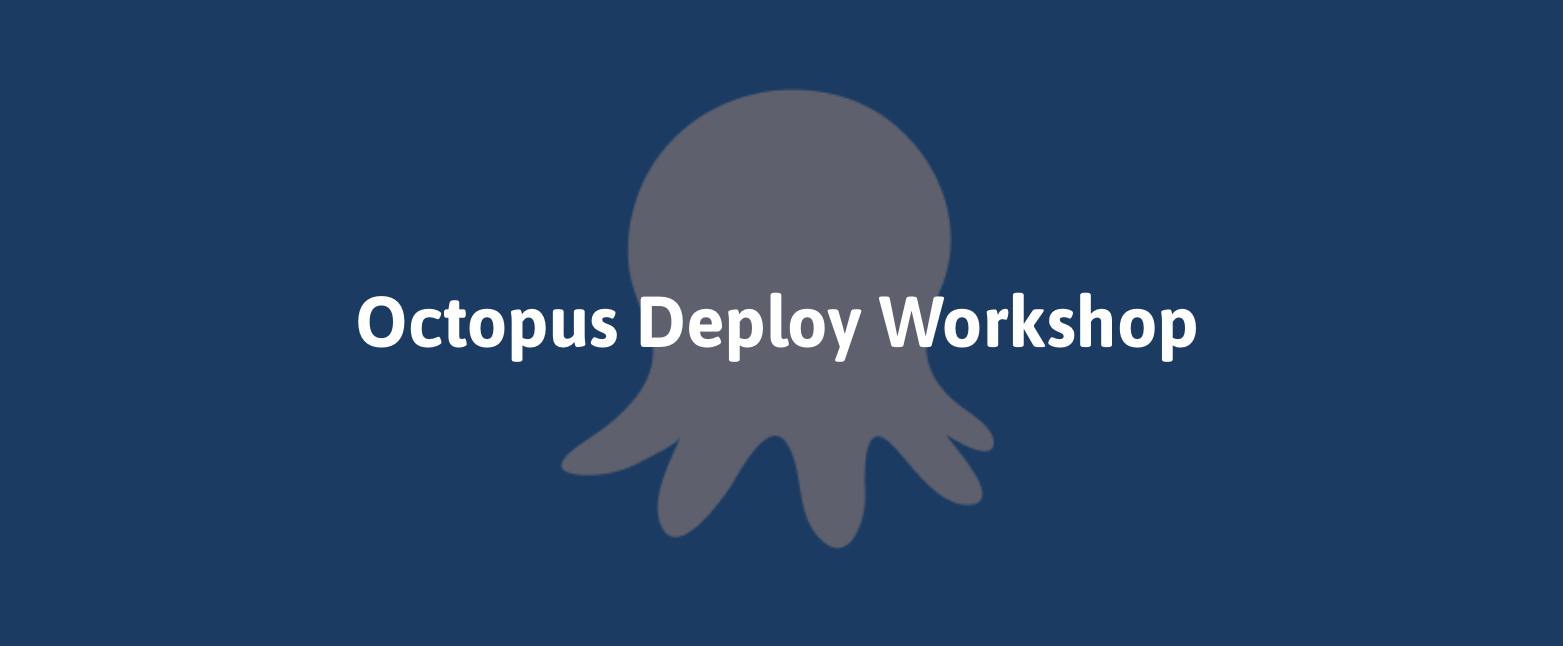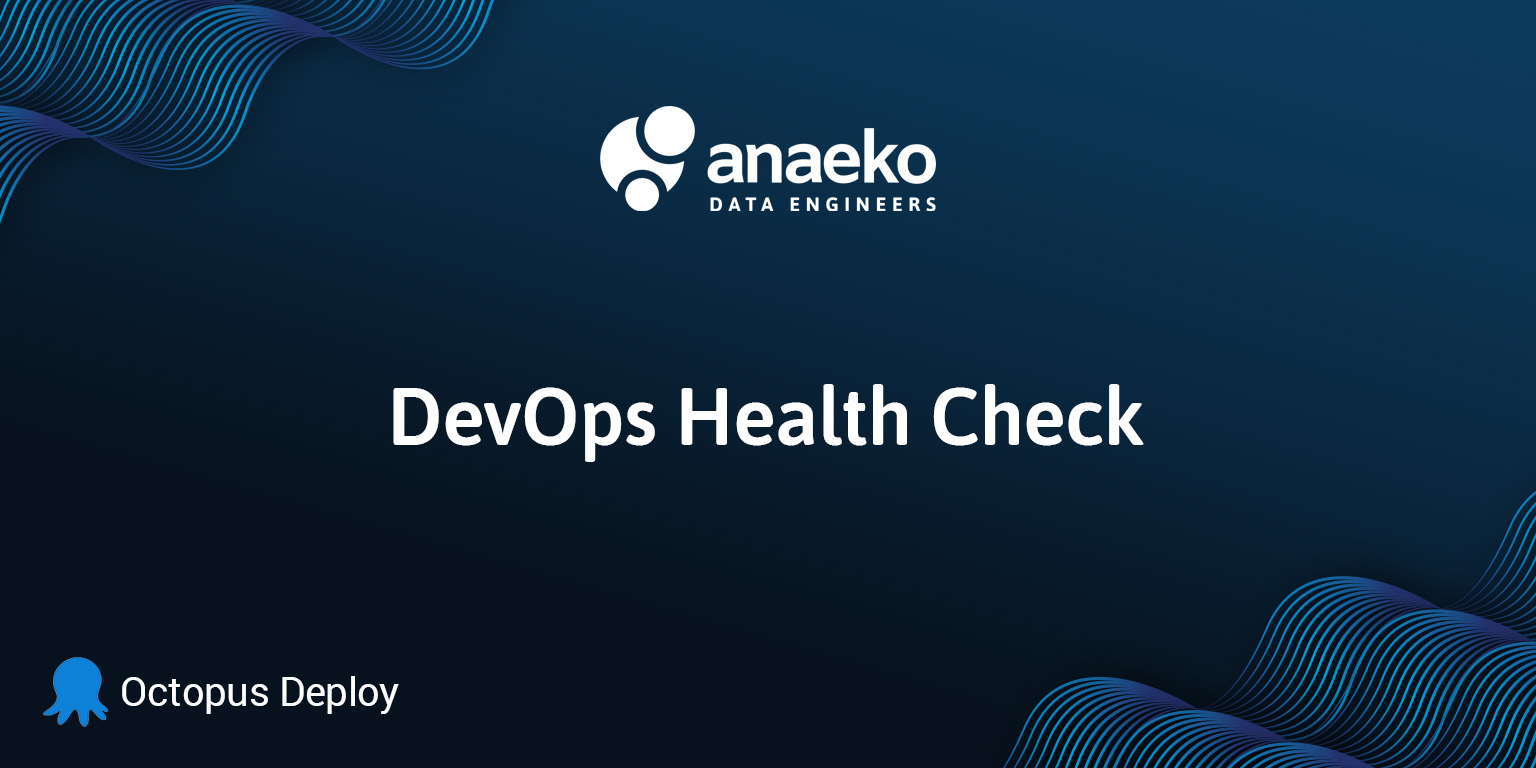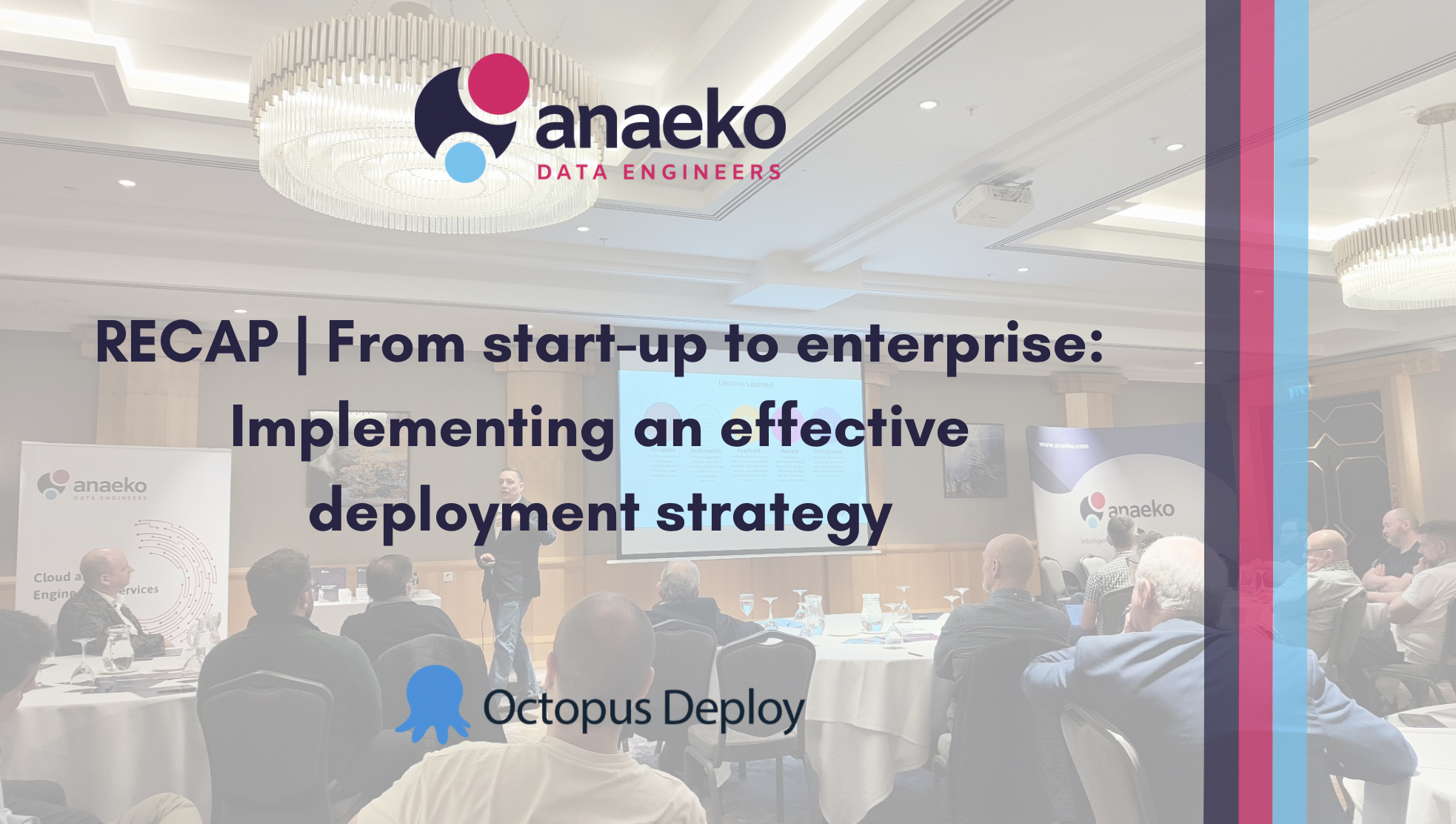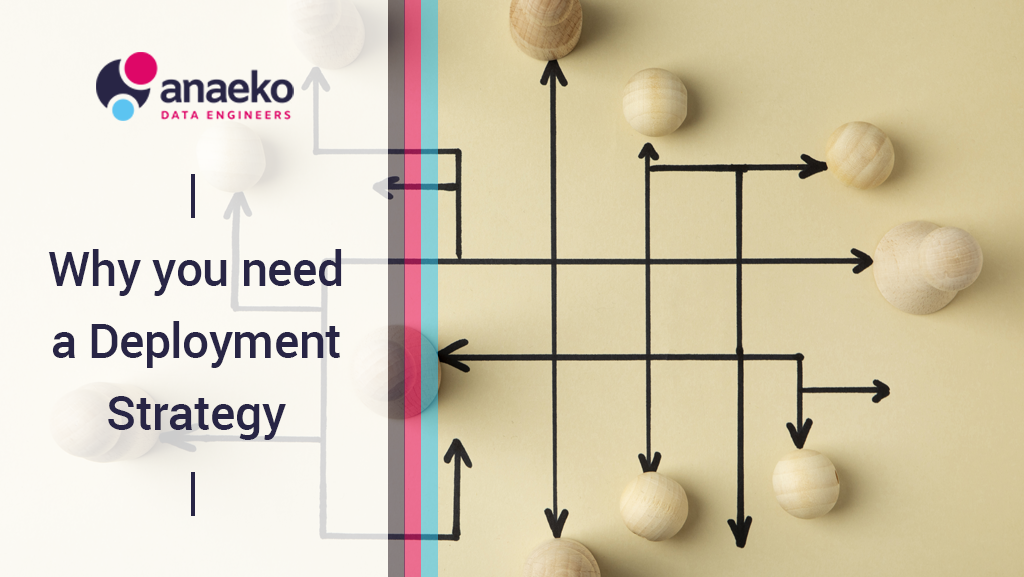Anaeko and Octopus Deploy
Anaeko is a company that delivers professional services and works in many sectors. We operate on and around cloud platforms, building on IBM, Red Hat, Azure, AWS, and leveraging cloud-based platforms like Octopus Deploy. We work with independent software vendors, deliver system integration, and come from a background of large-scale communication platforms.
We work in various environments and sectors, health, government, transport, utilities, and technology. All these different customers face the same challenges in deployment, operating in increasingly complex environments.
Currently, 95% of most enterprises have one or more cloud environments. Some of these are product companies delivering multi-tenanted platforms. By multi-tenanted, we mean software released as a product to different customers with similar core features but unique configurations and environments.
We work with various cloud providers; for example, AWS and Azure, and our analytics may run on Azure while other projects run on AWS or Kubernetes for IBM. We're an example of a company dealing with a particularly complex environment, serving different customers with varied configuration settings.
In the current landscape, whether serving end customers, government departments, or business-to-business, you're managing an increasingly complex and diverse technological landscape.
We have three core practices, one focusing on Microsoft and newer cloud technologies. We typically work on data platforms and reporting using the integrated suite in Azure, which has sets of DevOps tools. On AWS, being a leading public cloud, we build new-to-market products and deliver various technologies in our multi-cloud data platforms practice.
There's an increasing need for CI/CD (continuous integration and deployment) in a DevOps environment. What we're doing is enabling our customers to more quickly package, test, build, and deploy their software for different environments. Of course, working with data requires overarching governance and security.
Octopus is a platform designed to simplify and automate deployments. It achieves this by incorporating built-in automation that is repeatable from a centralised location. This approach allows for faster code delivery, increased reliability, and the elimination of human errors, particularly in complex organisational structures with multiple development and operational teams.
Who is Octopus
Founded in 2012, Octopus initially addressed the complexity of deployments. Over time, it evolved into an enterprise-level solution with over 200 employees. Octopus operates globally, partnering with local teams like Anaeko.
Anaeko, based in Belfast, collaborates closely with Octopus, training its staff and organising joint events to promote and enhance the Octopus experience for end customers. The goal is to understand users' environments, challenges, and deliver early proof of concepts and supportive training.
Key features of Octopus include core automation, repeatability, configurability, and a move toward the ideal goal of configuration as code. Octopus supports multiple clouds, enabling a multi cloud environment that can seamlessly connect with various products from different vendors in the continuous integration and continuous deployment toolchain.
Octopus specialises in managing multiple tenants for different customers, incorporating specialised support and utilising run-books, which are automated sequences of steps, to handle deployment features effectively.
Introducing Octopus brings several benefits, primarily driving modernisation by reducing reliance on deployment engineers and improving overall consistency. By establishing standardised deployment processes, DevOps engineers can focus on enhancing efficiency and providing greater visibility of deployments across different environments.
In summary, Octopus simplifies and unifies deployment processes, offering a reliable and efficient solution for organisations dealing with complex, multi-cloud environments.
Some key figures about Octopus Deploy: Over 25,000 companies are using it, and its core feature, deployments, has surpassed 150 million to date. Working with customers worldwide, Octopus helps deploy software reliably through different processes, such as transitioning from development and test environments to pre-production and production. This staged and gated approach ensures thorough testing and checks, enhancing efficiency.
The advantage of faster deployments lies in mirroring development, pre-production, and production environments more quickly. This ensures that the right software is deployed in the right place. Octopus has a large user base globally, and if you're here to understand the product or try it out, Octopus offers excellent customer support. Anaeko, in collaboration with Octopus, adds value by understanding your specific environment and processes, providing a more tailored response.
At its core, Octopus allows deployment to multi-cloud, hybrid, and on-premise environments. Octopus fits in between the continuous integration server (e.g., Jenkins) and the end infrastructure environments (e.g., Google Cloud, AWS, Kubernetes). It facilitates deploying a specific development build to the target environments, such as testing and production.
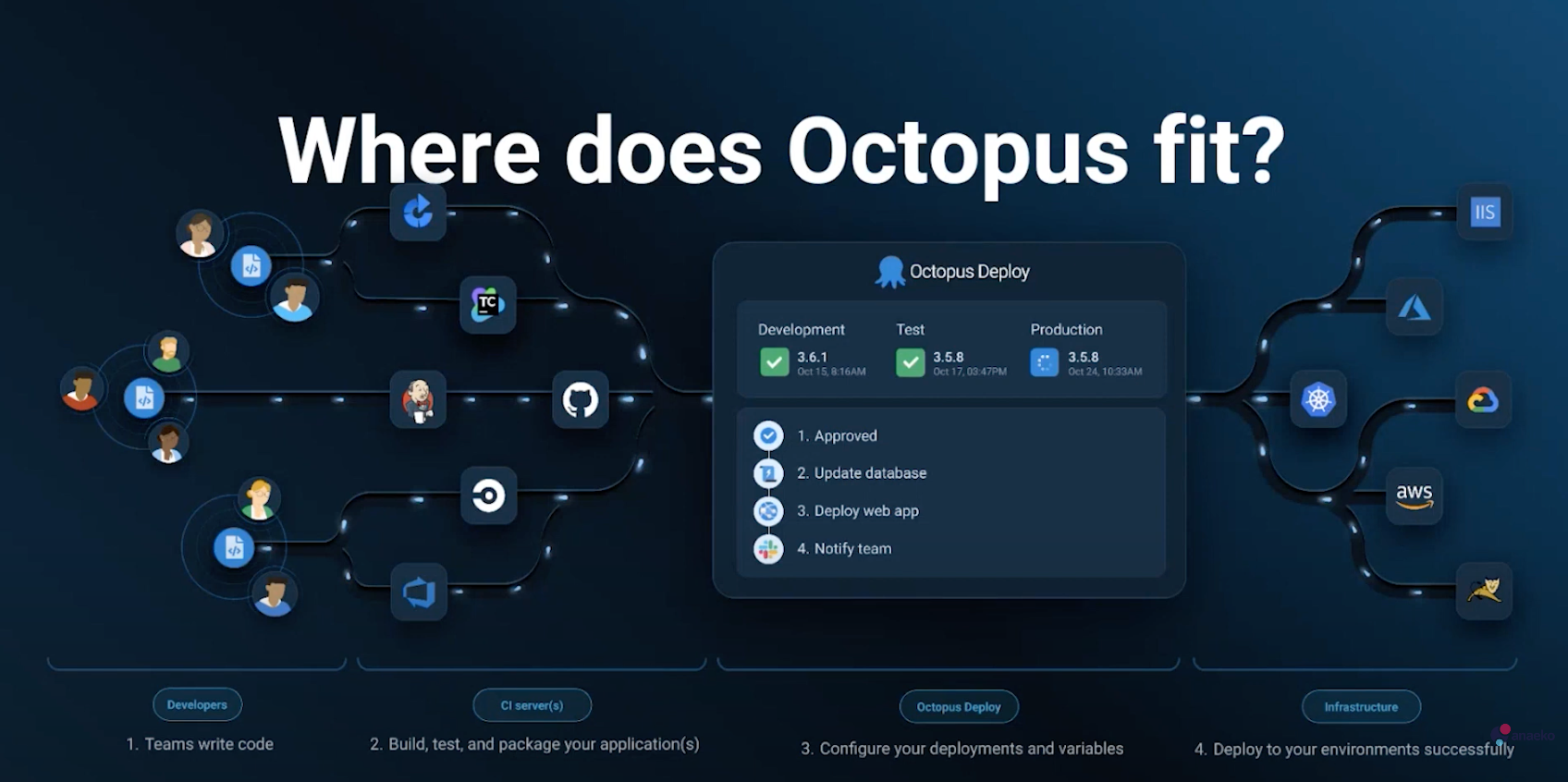
Octopus Deploy: Key Use Cases
This process allows for the codification of procedures, moving away from command-line and manual steps to a visual interface. In this interface, you can observe the process, notify business owners, seek approvals, and deploy various components such as an API container, a shopping cart, or create a web app. While these steps are unique to your application, once established in a process, they can be repeated.
This approach not only enhances visibility but also provides valuable metrics. DevOps engineers are particularly interested in metrics, especially when it comes to the speed of deploying fixes in response to platform changes. It becomes crucial to deploy fixes quickly in cases where issues arise, and it's equally important to ensure that any change made does not disrupt existing functionalities, as downtime and the time to recover a service are critical considerations.
Octopus Deploy: Value
The value proposition lies in its speed—getting faster to market or reaching end customers, be it citizens, patients, or businesses. It's resilient, providing a modern and secure environment, crucial for managing numerous keys and secrets in complex settings. The clarity and measurability of the process are ensured.
There are two key scenarios. Firstly, for managed service providers like Anaeko, which operates services on behalf of diverse customers. Although each customer is unique, having one dashboard provides visibility into all services. The second scenario involves building and deploying a product for various tenanted customers. Each customer has a unique configuration and values derived from the same software.
To arrange a free no obligation workshop, with Anaeko’s Octopus Deploy team, please follow the link below, and one of our specialists will be in touch to arrange a convenient time:
Topics: Big Data, Digital Transformation, DevOps, Octopus Deploy

